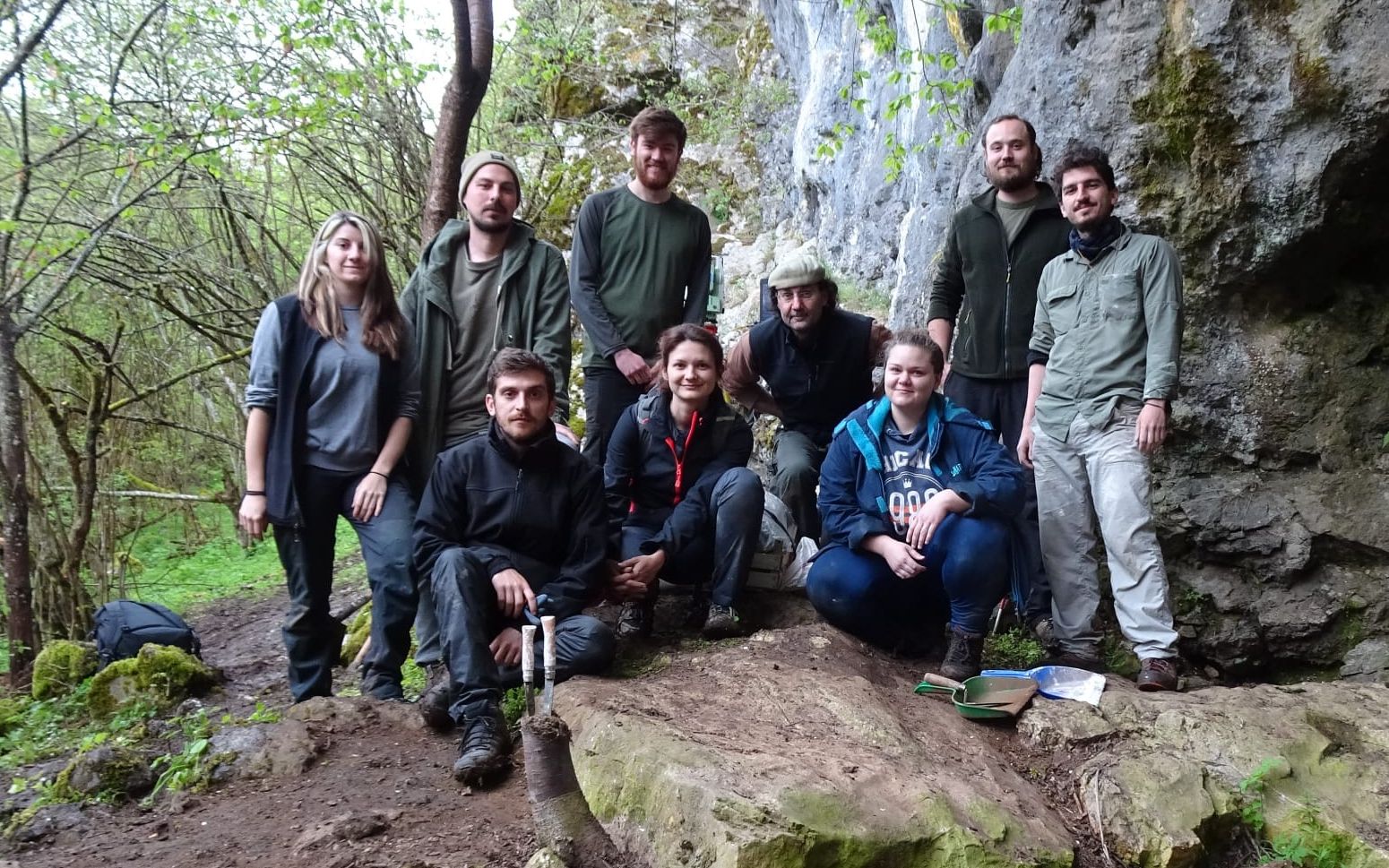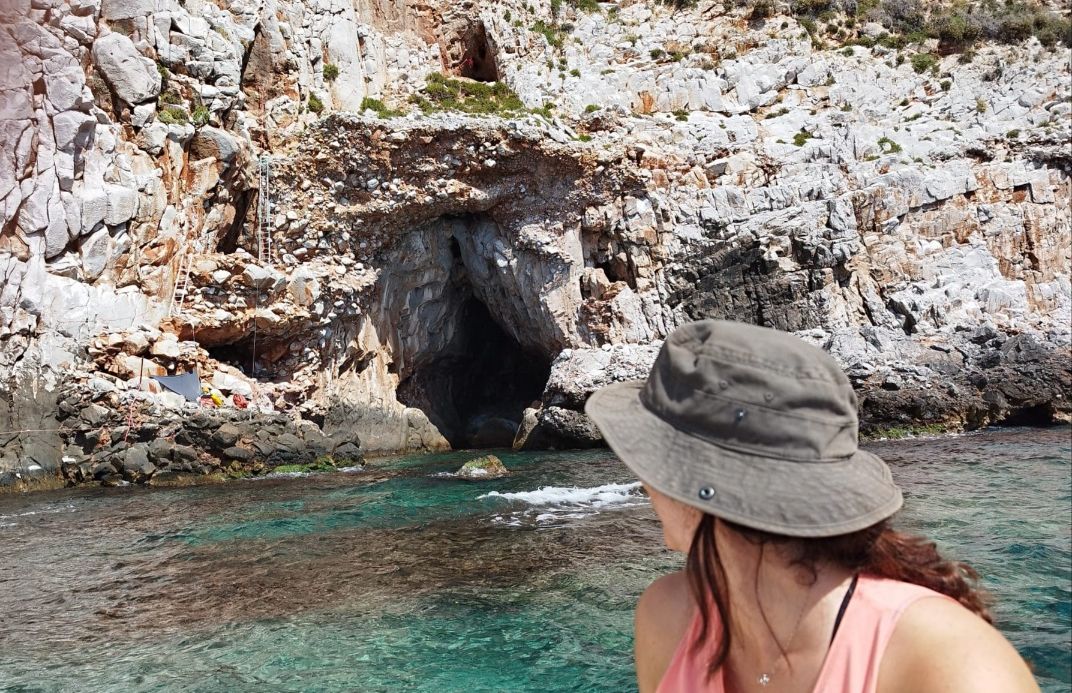Our first steps to Europe
Despite recent discoveries in human evolution, the origin of our species, Homo sapiens, and the process through which it expanded and became established around the globe remain enigmatic. Increasingly, it is viewed as a dynamic process of population expansions and contact among human lineages, occurring in concert with the Pleistocene climatic oscillations. These oscillations influence the probability of human survival as well as the availability of land bridges enabling expansions. Dispersals and population contact, therefore, may have been the norm in human evolution and may have played a greater role in shaping our species than previously recognized. In such a model, South-East Europe emerges as a likely area of sustained and/or repeated contact, making this region critical for testing hypotheses about European deep prehistory. Despite this crucial role, however, paleoanthropological research there remains in its infancy.
The ERC Advanced project FIRSTSTEPS, awarded to Prof. Harvati in 2021, aims to fill this research gap by applying inter-disciplinary cutting edge investigation to recover new and connect existing evidence across sites, periods and regions. FIRSTSTEPS is based on extensive collaborations to include key sites and finds from South-East Europe and Italy. An in-depth analysis of important fossil and cultural assemblages from specific chrono-cultural periods ranging from ca. 200-30 ka will be conducted to identify patterns of biological and cultural variation. In parallel, regional and supra-regional perspectives will be constructed beyond individual sites/countries. By addressing this crucial research gap the interdisciplinary, large-scale project aims to be a milestone in the paleoanthropological research in South-Eastern, Europe and will add to the contextualization of its fossil and Paleolithic record into the Paleolithic map of Europe.






